Guangdong Union Theological Seminary
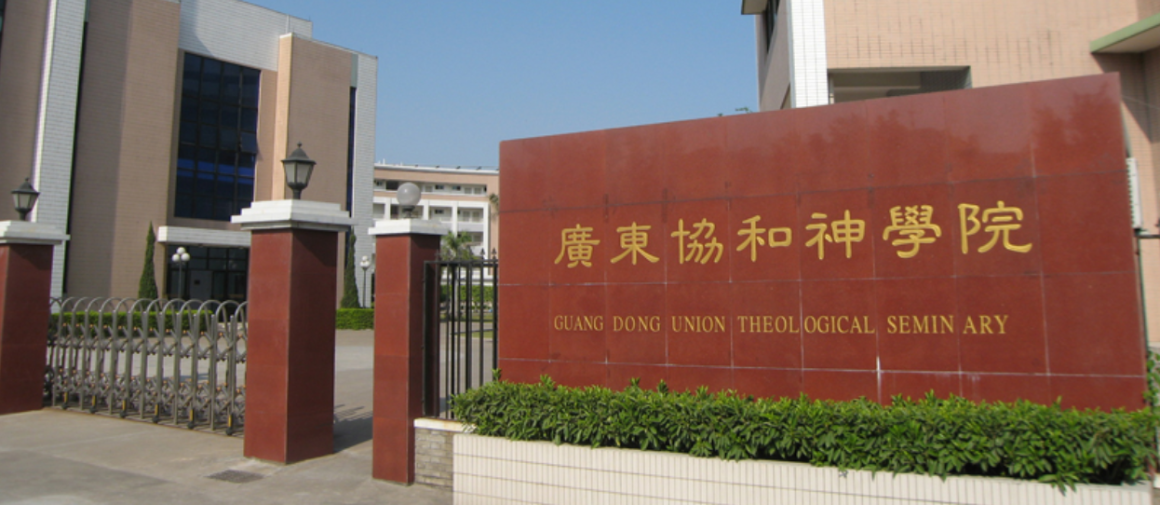
The Union Guangdong – The Founder
The predecessor of Guangdong Union Theological Seminary (广东协和神学院) was Canton Union Theological College (广州协和神学院), which was founded in 1914 and run jointly by eight mission societies and three denominational conventions: American Presbyterian Mission, Canadian Presbyterian Mission, New Zealand Presbyterian Mission, London Mission Society, American Board of Commissioners for Foreign Missions(Congregational church), United Brethren in Christ (American), Church Mission Society, Wesleyan Methodist Mission Society of England; The Canton Synod of Church of Christ in China, The Chinese Anglican Church in South China Diocese, and The Chinese Methodist Church in South China Diocese.
Therefore, it was called “Union”. Later four more groups joined in: The Baptist Convention of Guangdong and Guangxi Province, Lutheran Synod of Guangdong and Jiangxi Province, Basel Mission, and Rhenish Church. Over time, it became a college of Lingnan University with the name “Union Theological College of Lingnan University”.
In 1960, the seminary was closed and in 1986, re-established under the name “Guangdong Union Theological Seminary” in order to show respect for its history and to highlight its purpose to serve the church in Guangdong.
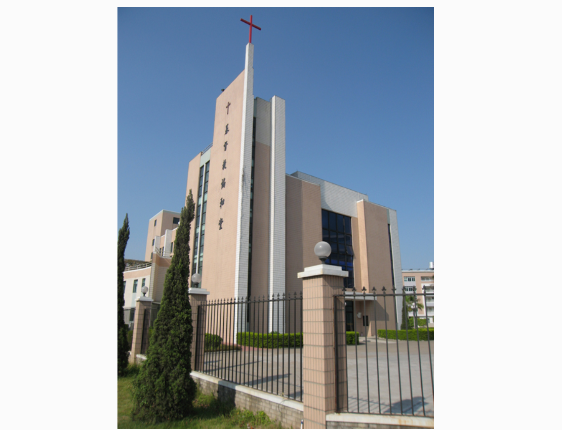
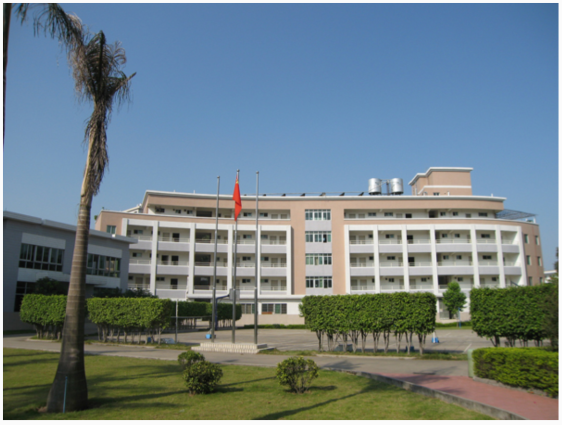
The Location of the Theological University
Guangdong Union Theological Seminary started humbly within Dongshan Church of Guangzhou in 1986, and was later moved to the former bishop’s house of Anglican Church in Sha’mian in 1994. On 30 November 2001, it finally settled down at its current campus in Dongping Village, Baiyun District of Guangzhou with a construction area of 10,000 square meters. It now consists of several buildings: a teaching building, a library, a students’ dormitory building, a dining hall, an open church called “The Union Church”, and the building for pastoral staff which is under preparation, as well as the indoor and outdoor sports area.
The school system was just two-year-college at the beginning of its re-establishment in order to train preachers for the church as quickly as possible; later it was changed to three-year-college in order to train more qualified talents. Up till now, the seminary has produced more than 420 college graduates, and has trained about 600 students who attended the pastoral training courses. Its graduates cover about 75% of the total number of Guangdong’s pastoral staff. The majority of the graduates serve in Guangdong Province while the minority serves in Hai’nan Province and Guangxi Zhuang Autonomous Region. Currently, 106 students are studying on the campus in three different grades. Most of the students come from Guangdong Province. The seminary was approved to run an experimental undergraduate program by the State Administration for Religious Affairs in August, 2009, therefore we began to enrol undergraduates in 2009. However, they maintain the enrolment and teaching of three-year-college students at the same time, so there are two schooling systems.
The Library
The book collection in the library amounts to 30,000 books, and there are efforts to increase that number to 50,000 in the near future.
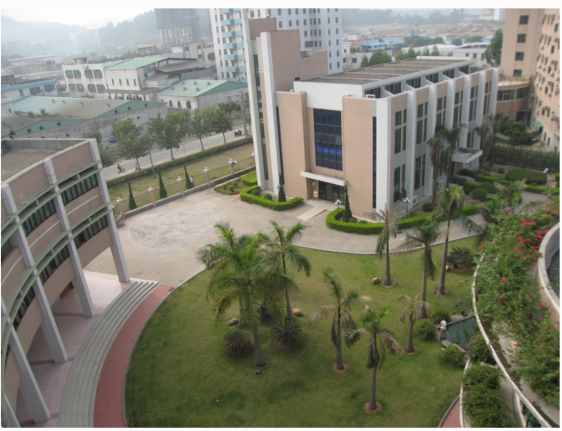
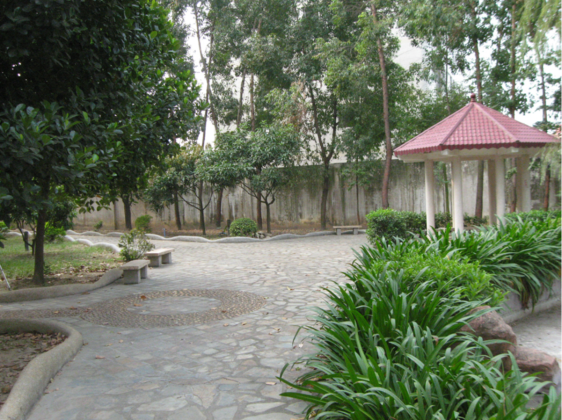
Teachers and Subjects
Currently, there are fourteen full-time teachers: four with PhD degree, nine with master’s degree, and one with bachelor’s degree. Several teachers have received further studies in overseas seminaries. Besides, the seminary has eleven visiting teachers to teach some general courses such as college Chinese, law, politics, history, philosophy, logic, psychology, religious rules, patriotic education, Socialist theory, P.E. lessons and vocal lessons. The major courses include Bible background study, introduction to the Old Testament & New Testament, study of different books in the Bible, O.T. theology and N.T. theology; systemic theology, Christian ethics, the construction of Chinese Christian theological thoughts; western church history, Chinese church history, history of Christian thoughts; pastoral psychology, liturgy, hermeneutics, preaching, spiritual theology, church administration; basic English, theological English, basic music theory, sacred music, etc.
